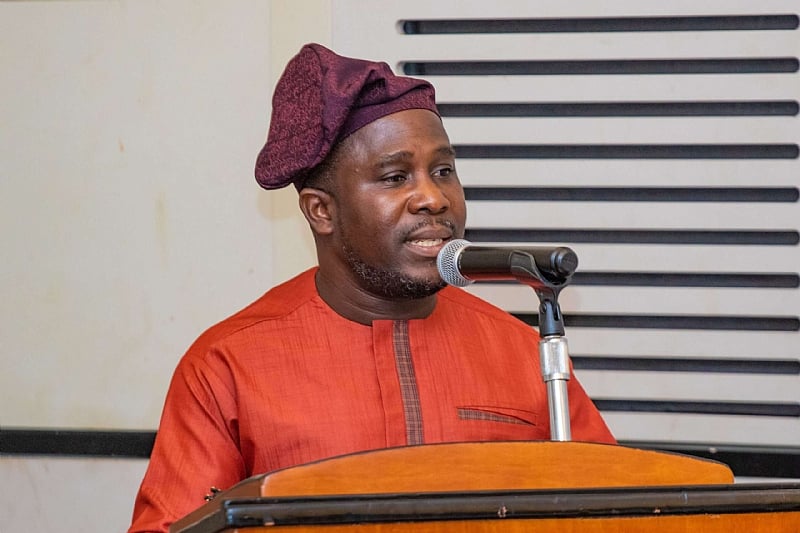The Electricity Company of Ghana (ECG) is facing a severe financial and operational crisis, prompting calls for urgent intervention and strategic reform. The government is grappling with the immediate challenge of securing GHS 1.1 billion to purchase liquid fuel for power generation, as existing reserves are critically low. This precarious situation has exposed deeper, systemic issues within ECG, highlighting inefficiencies and a lack of investment in critical infrastructure. The government’s proposed solution of requiring Ministries, Departments, and Agencies (MDAs) to budget for their electricity consumption is seen as a stopgap measure, addressing the immediate funding shortfall but not the underlying structural problems. This financial burden on MDAs raises questions about its long-term sustainability and potential impact on public service delivery. The core of the debate revolves around the role of private sector involvement in ECG’s future.
A prominent advocate for private sector participation, Nana Amoasi VII, Executive Director of the Institute for Energy Security (IES), argues that private investment is essential to revitalize ECG. Amoasi points to the lack of significant investment in ECG over the past five years, leading to outdated and underperforming infrastructure. This includes transformers, capacitors, and transmission lines, all of which require substantial upgrades to ensure reliable power supply. He questions the government’s capacity to provide the necessary funding, emphasizing that private sector capital and expertise are vital for modernizing the electricity grid and improving overall efficiency. This perspective suggests that private companies, driven by profit and market competition, would be more incentivized to invest in and optimize ECG’s operations.
On the other hand, the Public Utilities Workers Union (PUW) strongly opposes increased private sector involvement, raising concerns about potential job losses and higher electricity tariffs for consumers. Timothy Nyame, the union’s General Secretary, questions the rationale of inviting private companies to manage efficiency after appointing a managing director with specific performance indicators. He views this as undermining the authority and responsibility of existing management. Nyame’s argument highlights the potential conflict between private sector efficiency goals and the social welfare considerations of maintaining affordable electricity for the public. This tension between privatization and public service underscores the complexity of the challenge facing ECG and the government.
The contrasting perspectives on private sector involvement reflect a broader debate about the optimal balance between public and private roles in essential services like electricity provision. While proponents of privatization emphasize efficiency gains and investment, opponents raise concerns about potential negative impacts on affordability and access for vulnerable populations. This debate is not unique to Ghana and plays out in various countries grappling with similar challenges in their utilities sector. Finding a solution that balances the need for efficiency and investment with social equity considerations is crucial for the long-term sustainability of Ghana’s power sector.
The government’s immediate focus on securing funds for liquid fuel underscores the urgency of the situation, but it also highlights the need for a more comprehensive and long-term strategy. The Ministry of Energy and Green Transition’s directive for MDAs to cover their electricity costs is a temporary fix that does not address the underlying issues of underinvestment and operational inefficiencies within ECG. The debate over private sector involvement underscores the complex considerations involved in reforming a crucial public utility. Balancing the potential benefits of private investment with the concerns about affordability and job security is crucial for finding a sustainable solution.
The future of ECG hangs in the balance, with the ongoing debate over its reform reflecting a broader struggle to define the role of the private sector in essential public services. The government’s challenge is to develop a strategy that not only addresses the immediate financial crisis but also creates a sustainable framework for a reliable and affordable electricity supply for all Ghanaians. This requires careful consideration of the various perspectives, including those of private investors, labor unions, and, most importantly, the consumers who rely on ECG for their essential energy needs. The path forward requires a delicate balancing act, aiming to modernize and improve efficiency while safeguarding access and affordability for all.














